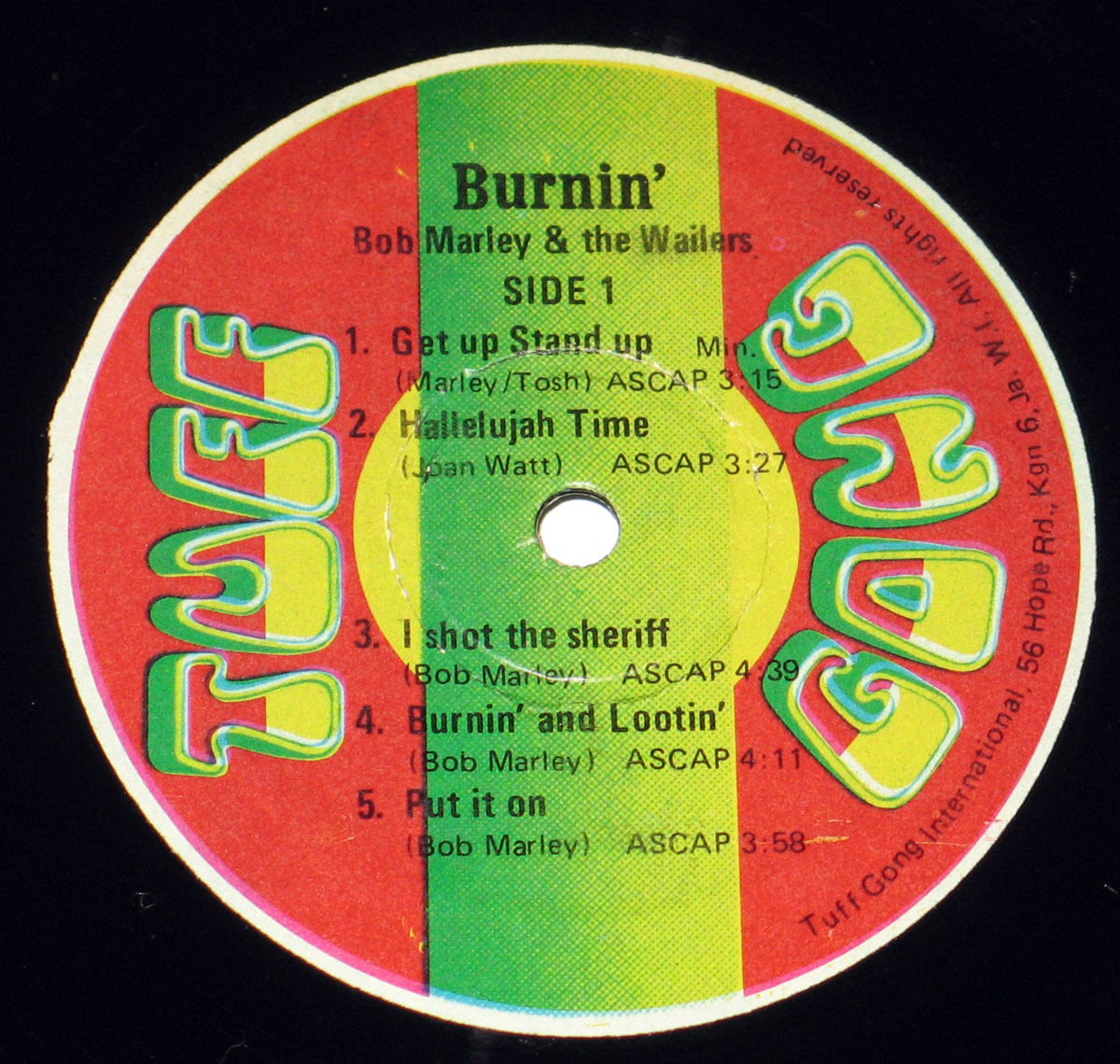

Blackwell said he’d sent royalty money to Jamaica for those records, but The Wailers never received it. “Weepin’ and Wailin’,” the song’s original title, hints at the track’s evolution.īunny Wailer shed light on the lines about “talking to the boss.” Wailer told Steffens that Marley wrote that part after meeting Island founder Chris Blackwell for the first time. “These are the kinds of things that are happening, and you have to document it,” Anderson told Steffens. Bob Marley & Esther AndersonĪnderson thought Marley needed to get such injustices on the record. “I told Bob about and said, ‘We have to write about it,’” Anderson said in Roger Steffens’ So Much Things to Say (2017). “How many rivers do we have to cross / Before we can talk to the boss?”Īccording to Marley’s girlfriend Esther Anderson, the idea for the song began with a raid on the home of Joe Higgs, the “Godfather of Reggae” who mentored Marley and his bandmates.

Oh God, I was a prisoner, too.” The men standing over him were “dressed in uniforms of brutality.” The narrator holds no power in the system the officers protect. “Burnin’ and Lootin’” starts off clearly enough. Bob Marley began ‘Burnin’ and Lootin” after a raid on his mentor’s house Bob Marley gives an interview in 1973. According to those close to Marley, he had several things in mind while writing its enigmatic lyrics. Alongside the masterpiece “ I Shot the Sheriff” and “Get up, Stand up” (co-written with Peter Tosh), Marley trotted out “Burnin’ and Lootin’,” a song that continues to resonate with protesters across the world. Marley kept going on Burnin’ (1973), his group’s second Island LP. You can think of that track as the Wailers’ Rubber Soul, after which the songs got deeper and more complex every time out. “One good thing about music / When it hits, you feel no pain,” he wrote. And he had “Simmer Down,” “Bend Down Low,” and many other classic ’60s tracks to show for it.īut on “ Trench Town Rock,” the Wailers’ breakthrough ’71 hit, Marley took his work to another level. However, Marley had been writing music for a decade by then. To international audiences, it might have seemed like Bob Marley arrived fully formed as a master songwriter on Catch a Fire (1973), The Wailers’ Island debut.


 0 kommentar(er)
0 kommentar(er)
